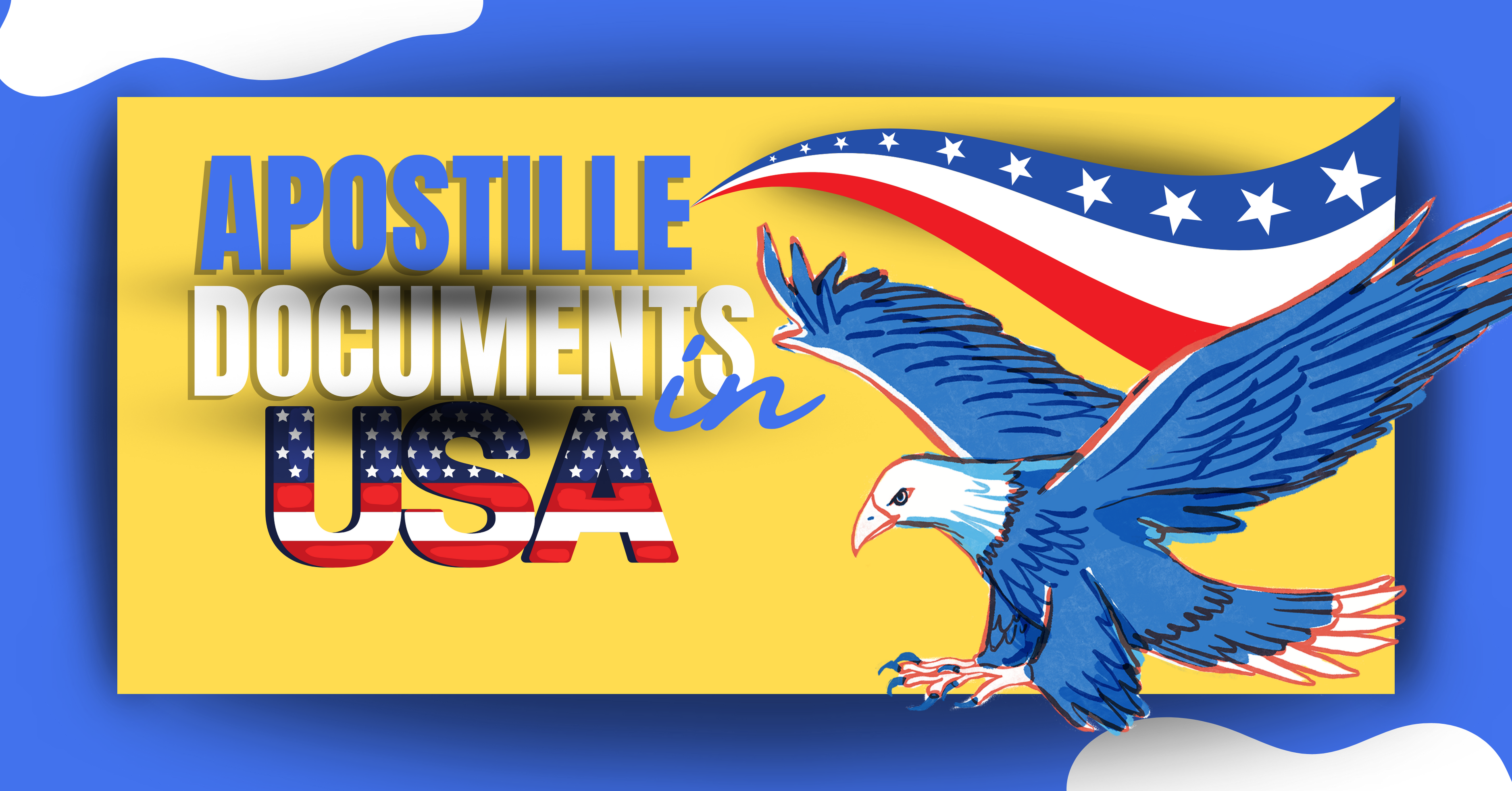In today’s globalized world, legal documents often need to be recognized and accepted beyond their country of origin. This is where notarization and apostille come into play. In this comprehensive guide, we’ll delve into the meanings of notary and apostille, exploring their functions, differences, and why they are essential for various international transactions.
Introduction
Legal documents play a pivotal role in various aspects of life, from business transactions to personal matters. However, when these documents need to be used internationally, they often require additional authentication to ensure their validity and authenticity. This is where notary and apostille services come into play, each serving a distinct purpose in the realm of international legal transactions.
What is Notary?
Definition and Role
A notary is a legally authorized individual, typically a public officer, who acts as an impartial witness in the signing of important documents. The notary’s primary role is to verify the identity of the signatories and ensure that they are agreeing willingly and knowingly.
Notarized Documents
Documents that are commonly notarized include contracts, affidavits, deeds, and powers of attorney. The notary’s seal and signature on these documents indicate that the signatures are genuine, the individuals were properly identified, and they were willing participants in the transaction.
Purpose and Importance
The notarization process adds an extra layer of assurance to the authenticity of the documents, which is especially crucial when dealing with legal matters, real estate transactions, and financial agreements. Notarized documents are recognized as legitimate and reliable in legal proceedings.
What is Apostille?
Definition and Purpose
An apostille is a specialized certificate that authenticates the origin of a public document, such as a birth certificate or court order, for use in foreign countries. The purpose of an apostille is to eliminate the need for further legalization of the document in the destination country.
Hague Convention
The concept of apostille was established by the Hague Convention of 1961, an international treaty that simplified the process of validating documents for use across member countries. The apostille certifies the document’s authenticity and the authority of the issuing officer’s signature.
When is Apostille Needed?
An apostille is needed when a document from one country needs to be presented in another country that is a member of the Hague Convention. This includes scenarios such as studying abroad, getting married in a foreign country, or conducting international business transactions.
Differences Between Notary and Apostille
Legal Authority
A notary operates within the legal framework of their own country and is authorized to witness signatures and verify identities. On the other hand, an apostille is an internationally recognized certificate that validates the authenticity of a document for use in other member countries.
Recognition
While notarized documents are often accepted within the country where the notary is licensed, an apostille ensures recognition and acceptance across countries that are part of the Hague Convention.
Applicability
Notarization is required for various documents within a country, whereas apostilles are specific to documents that need to be used abroad.
The Notarization Process
Finding a Notary
When a document needs to be notarized, individuals can find a licensed notary public, often available at banks, law firms, or government offices.
Verification and Signing
The notary verifies the identities of the signatories by checking their identification documents. Once verified, the signatories sign the document in the notary’s presence.
Notary Certificate
The notary then adds their seal and signature to the document, along with a notary certificate that provides information about the date and location of the notarization.
The Apostille Process
Designated Authorities
Each member country of the Hague Convention designates specific authorities responsible for issuing apostilles. These authorities could be government agencies or departments.
Issuance of Apostille
The designated authority verifies the document’s authenticity and attaches the apostille certificate to the document. This certificate includes essential information about the document’s origin and the issuing authority.
Attached Information
The apostille itself contains crucial information, including the country of origin, the name of the signer, the capacity in which the person signed, and the details of the issuing authority.
Importance in International Transactions
Business Contracts
When companies engage in international business deals, notarized documents, and apostilles ensure the legal validity of contracts across borders.
Power of Attorney
Individuals granting a power of attorney to someone in another country often require an apostille to ensure the document’s acceptance in the recipient country.
Adoption Documents
In international adoptions, apostilles authenticate documents like birth certificates and adoption agreements, streamlining the legal process.
Ensuring Validity and Authenticity
Preventing Fraud
Both notarization and apostille procedures play a crucial role in preventing fraud and ensuring that documents are genuine.
International Recognition
Apostilles facilitate international recognition of documents, eliminating the need for complicated and time-consuming legalization procedures.
Common Misconceptions
Mutual Recognition
While apostilles are recognized across Hague Convention member countries, it’s important to note that not all countries mutually recognize each other’s notarizations.
Notary/Apostille as Legalization
An apostille is not a form of legalization; it merely certifies the authenticity of the document’s origin and the signature of the issuing authority.
Conclusion
In the globalized era, the need for reliable and universally accepted document authentication is paramount. Notary and apostille services provide the solution by ensuring the validity and authenticity of documents for international use. Whether you’re entering into a business contract, navigating legal processes, or embarking on an international journey, understanding the significance of notary and apostille can make the process smoother and more efficient.
FAQs
Is notarization necessary for all documents?
Notarization is necessary for certain legal documents, contracts, and agreements that require an extra layer of authenticity and verification.
Can any notary provide an apostille?
No, apostilles are issued by designated authorities in member countries of the Hague Convention.
Is an apostille always required for international transactions?
An apostille is needed when a document from one Hague Convention member country needs to be used in another member country.
Are apostilles recognized worldwide?
Apostilles are recognized among Hague Convention member countries, but not all countries are part of the convention.
What is the advantage of using an apostille over legalization?
Apostilles streamline the authentication process by certifying both the document’s origin and the issuing authority’s signature, eliminating the need for complex legalization procedures.




































